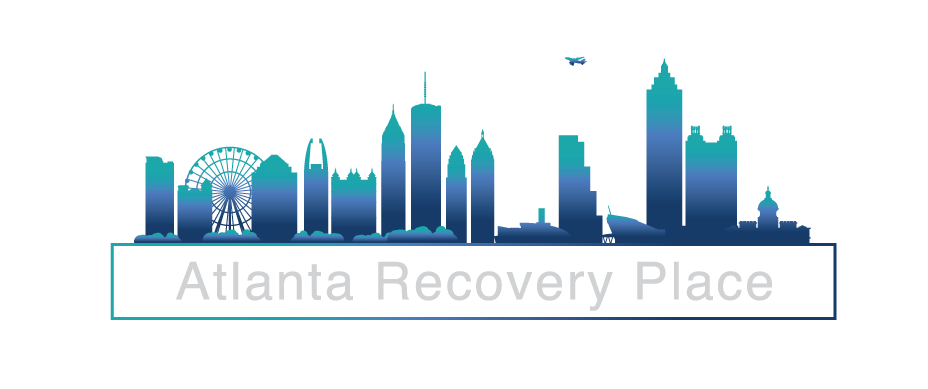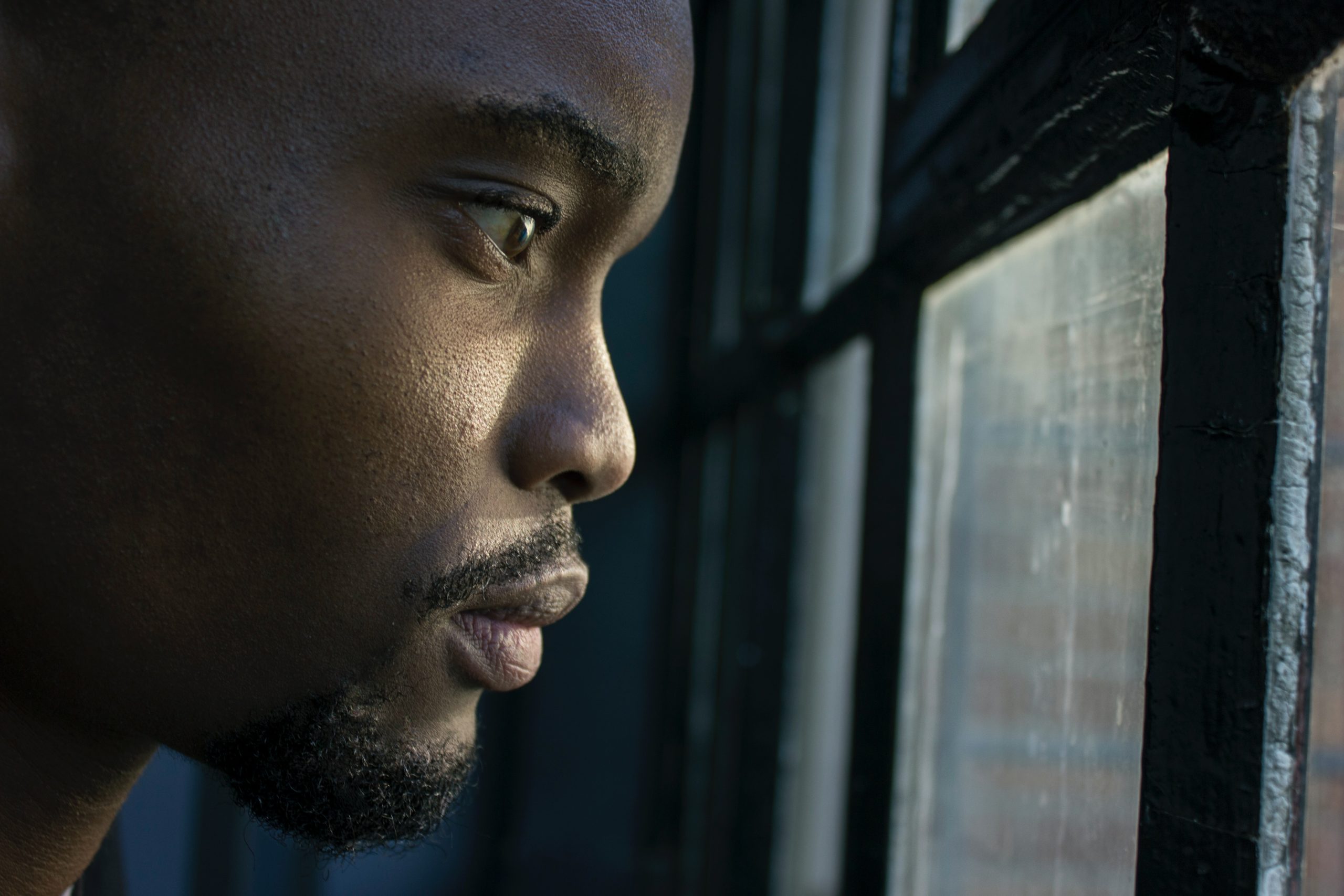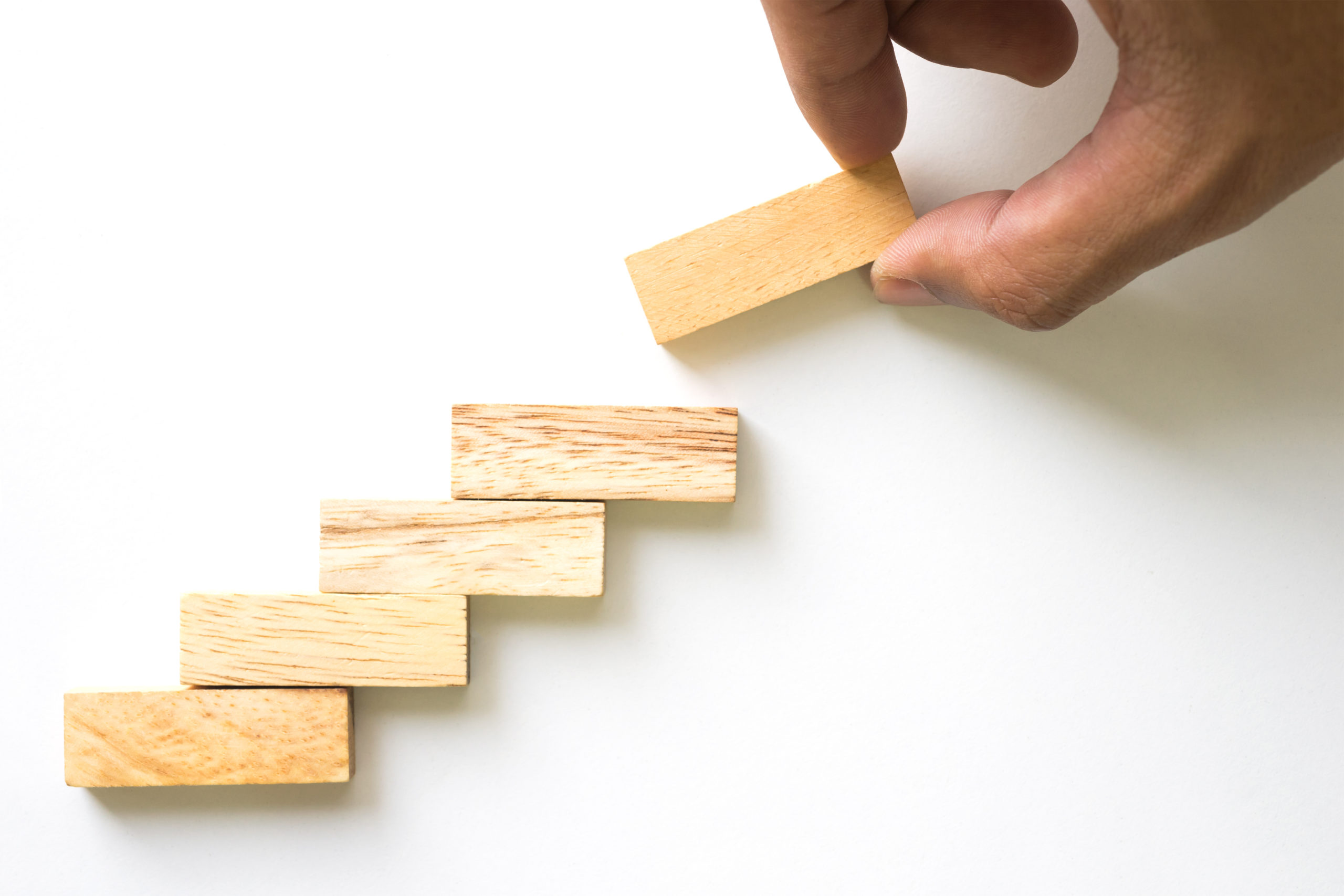Clinical depression is the most common form of depression. Also known as major depressive disorder, it is estimated to affect 10% of Americans at some point in their lives. It is characterized by changes in mood and behavior, feelings of sadness and an inability to enjoy the things you love.
Scientists have spent years studying the causes of depression in hopes of gaining a deeper understanding that will help them develop innovative treatments. One question they have asked themselves is, is clinical depression hereditary? Read on to find the answer.
Is Clinical Depression Hereditary?
Researchers have found that clinical depression is hereditary. Studies show that an individual that has a relative with depression is five times more likely to develop the disorder as compared to those who have no family history of depression.
One study revealed that there may be a depressive gene responsible for passing the condition from generation to generation. The chromosome 3p25-26 was found in more than 800 hundred families dealing with clinical depression.
However, depression may also be inherited from environmental factors. For example, if a child sees a parent acting depressed, they will be likely to mimic their behavior. Scientists believe that 40% of depression is caused by an inherited gene while 60% is due to the environment the person is raised in and exposed to.
Are Depression and Addiction Connected?
It is not easy for people dealing with depression to come forward and say they need help. They may be dealing with social stigmas, or they may not want to admit they have a problem.
People that are reluctant to get help often self-medicate. They use drugs and alcohol to make themselves feel better. While these toxic substances can temporarily relieve symptoms, they end up doing more harm than good in the long run.
Alcohol and several other drugs are classified as depressants. Even though they may produce feelings of euphoria, ultimately, they will bring on depressive symptoms. Stimulants may bring on a temporary high, but this will be followed by an excruciating down that will make the individual feel worse in the long run.
What’s more, if a user forms an addiction, it can result in financial and legal difficulties, health issues and the destruction of beneficial relationships.
How to Get Help With Clinical Depression and Addiction Today
Depression is difficult to deal with and those that don’t get help may find themselves in a downward spiral that leads to addiction. Fortunately, both addiction and depression are treatable.
The best course of action is to check yourself into an inpatient rehab facility. The medical experts at the facility will put you through an assisted detox to eliminate harmful toxins from the body.
Once detox is completed, they will follow up with a customized therapy program. The therapist will target the underlying cause of addiction, which may be depression or another issue, and suggest methods to replace dependent behavior with healthy coping mechanisms.
After the patient graduates from inpatient treatment, they will move onto an outpatient program. During this phase, they will adjust to sober living while getting the support they need to maintain sobriety.
There are several rehab facilities available, but Atlanta Recovery Place offers an approach that makes us stand out from the pack. We create a customized strategy that is best suited for each patient. Our trained healthcare experts use their experience to ensure success and reduce chances of relapse. We bring in the family to see to it that everyone is on the same page when it comes to achieving and maintaining sobriety. Is clinical depression heredity? The answer is yes. But fortunately, there are ways to beat the odds. Call Atlanta Recovery Place or send us a message to go against the grain and find the healing help you need.











